Does Quartz need to be sealed? It's a common question people ask when choosing this material for kitchen and bathroom countertops. Quartz is our most common mineral on Earth, made up of the two most abundant chemical elements: oxygen and silicon.
You will find that its countertops offer various benefits including durability, aesthetics, and low maintenance requirements. In this blog, we will explore the unique properties of quartz countertops and answer your question, helping you care for your investment properly.
Do Quartz Countertops Need to Be Sealed
No, it's not necessary to seal Quartz countertops because they are constructed of a robust material. Therefore, these countertops don't have brittle characteristics like Marble or Granite. Manufacturers create a permanent seal on their top during the production process. As a result, their surface becomes solid, long-lasting, and attractive.
Certain Chemicals that Harm Quartz Countertops

Quartz is indeed a very tough and resilient material but it's not entirely impenetrable to the effects of certain chemicals. You have to avoid the chemicals mentioned below when treating or cleaning your quartz countertop:
Quartz is indeed a very tough and resilient material but it's not entirely impenetrable to the effects of certain chemicals. You have to avoid the chemicals mentioned below when treating or cleaning your quartz countertop:
Any Form of Oxidizers
It includes bleach and vinegar. Chlorine-based chemicals and sodium-containing cleaners should not be used on quartz. The reason is that these can erode the stone surface causing microscopic pitting and cracks that may trap germs and other contaminants.
Chemicals with “Free Radicals”
In addition to the above, never allow reactive chemicals to contact a quartz countertop. Because the silica present in the quartz will react and leave the covering to deteriorate.
Some additional Chemicals to be Avoided:
- Concentrated cleaning chemicals such as concentrated alkaline cleansers)
- Abrasive solutions
- Strong alkaline
- Acid cleaners
- Oven cleaners and grill degreasers
- Nail polish remover and other acetone-based products
Permanent marker or Ink
Alert: Quartz surface tops are resistant to stains due to their non-porous nature but
staining is still possible. To protect it, use a clean cloth and gentle dish soap to clean highly acidic liquids like tomato juice and citrus.
Why Should You Not Use Common “Penetrating Quartz Sealers”
We don't recommend penetrating sealers on Quartz countertops. Why? Because they are made of natural stone aggregate combined with unsaturated polyester resin which can react adversely with a solvent-based sealer.
Moreover, these counters are not shiny like polished granite. That's why you shouldn't use a standard type of polish on them. As it contains wax that can build up, flake off, and show signs of wear over time.
How You Can Protect Your Countertop’s Natural Seal

Do you have to seal Quartz countertops to protect them? No, here are some recommendations to follow for protecting the natural seal without Quartz countertop sealer:
Avoid Using Abrasive Scrubs
Refrain from steel wool, hard-bristle brushes, or abrasive powders and cleaners when cleaning Quartz. It results in scratching making your surface more difficult to clean in the future.
Consider Soaking and Disinfecting
Instead of scraping off the mess with a tool or abrasive, use a gentle cleanser or warm soapy water to soak through and loosen it. After cleaning, disinfect the counters using alcohol-based wipe or a mixture of two-parts isopropyl alcohol and one-part water.
Clean Stains Immediately
Get a damp cloth and gentle dish soap and clean regular spills or messes instantly. You can place a damp towel over a stubborn mark to loosen the stain before wiping it down.
Utilize Hot Pads and Cutting Boards
Synthetic Quartz counters are heat-resistant but the resins in them can discolor and burn under high temperatures i.e. under 150° F. To prevent them from damage, use hot pads and trivets under hot cookware such as pressure cookers, deep fryers, and air fryers. Furthermore, utilize a dependable cutting board when cutting vegetables, fruit, or fish to protect the man-made Quartz from scratches.
What Happens When You Seal a Quartz Countertop?
If you are thinking about sealing the Quartz countertops, be sure to understand the potential consequences:
Lack of Porosity in Quartz
Due to its lack of porosity, Quartz does not need countertop sealing. Instead of making it better, the sealant can ruin your countertops.
Your Sealant Goes Unabsorbed
Quartz doesn't absorb sealant. As a result, the sealer can't penetrate the stone and remain on the surface partially cured. It gets easily smeared and smudged during cleaning and then shows up as “oily” marks when you place anything.
Why You Don’t Have to Seal Quartz ?
You should not consider sealant for cleaning Quartz because:
- Sturdy and Not Breakable: During the fabrication, countertops, experts use silicon dioxide, coloring agents, bonding resins and 90% natural Quartz. This blend of various elements results in a stronger surface.
- Formation of a Natural Seal: Towards the end of the fabrication process a natural seal is created. Therefore like granite or marble countertops, it doesn't require sealing and resealing.
Why Some People Might Seal Quartz
Sealing the Quartz not only enhances its durability but protects it from scratches and staining also. It helps ensure that it lasts as long as possible. However, you have to choose the correct sealant to use for this purpose.
So, can you seal Quartz countertops? Experts typically consider sealing white Quartz to prevent stains and mineral deposits from bonding to the surface.
Advantages of Not Sealing Quartz Countertops
- Ready to Use: The most significant benefit is that your counters are immediately usable with an inherent and long-lasting seal.
-
Needs Low Maintenance: As you don't have to seal or reseal it, Quartz is not only elegant but low-maintenance and easy to clean.
Quartz vs. Natural Stone Countertops: Sealing Requirements

Advantages of Quartz Countertops over Natural Stone
When comparing Quartz counters to natural stone like Limestone or Travertine Quartz offers distinct advantages:
- Smooth and impervious to stain bacteria, and mold growth.
Engineered Quartz is incredibly durable that's why it's an ideal choice for high-traffic kitchens. - Quartz does not need regular sealing or special cleaning products.
Provides a uniform appearance with consistent color and pattern.
Offers diverse colors and patterns, including options that resemble natural stone.
Pro Tip: Quartz Brands to Avoid: What you have to analyze: Visual defects, no warranty, thickness inconsistency, resin quality check, custom review and polish quality check.

Conclusion
Unlike real stone, Quartz never needs to be sealed because its non-porous composite blocks liquids and stains from ever penetrating. If you add an extra layer, you will have to face consequences. We recommend consulting with a professional at MOSAICENTER before deciding whether or not to seal your Quartz countertop.
FAQs
How to Remove Stains from Quartz Countertops?
Try the following methods:
- Use a degreaser or a mixture of baking soda and water for oily stains.
- Mix equal parts of white vinegar and water in a spray bottle for water-based stains.
- Use a specialized Quartz cleaner and a non-abrasive scrubber for tough, set-in stain marks.
What Chemicals Can Damage Your Quartz Countertops Without a Sealant?
These chemicals are: Oxidizers,
free radicals, concentrated alkaline materials, abrasives and cleaner with high acidity.
What Happens If You Don't Seal Quartz?
If you choose not to seal your Quartz , nothing harmful will happen. Because sealing damages it.
How Often Do Quartz Countertops Need to Be Sealed?
Never, you don't need to seal them. It’s because this durable material doesn't let liquids or stain marks penetrate into it.
Halil I Oguz
At Mosaicenter's, Halil I Oguz brings a unique blend of strategic insight and creative flair to our digital experience. As our dedicated Content Strategist, he masterfully curates the online journey, allowing the inherent quality and design artistry of our premium tiles to truly shine.
From showcasing the intricate patterns of our mosaics to detailing the robust, scratch-resistant and water-resistant finishes of our porcelain and natural stone, Halil crafts content that is both informative and deeply engaging.
His work empowers Mosaicenter's clients to confidently select from our extensive range, helping them transform spaces with tiles that reflect both enduring style and practical excellence.


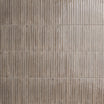
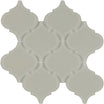

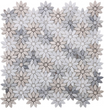
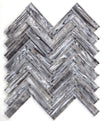
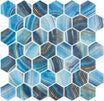
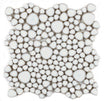
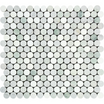

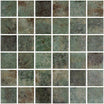

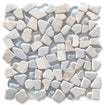
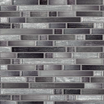
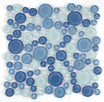
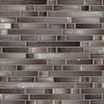

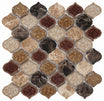


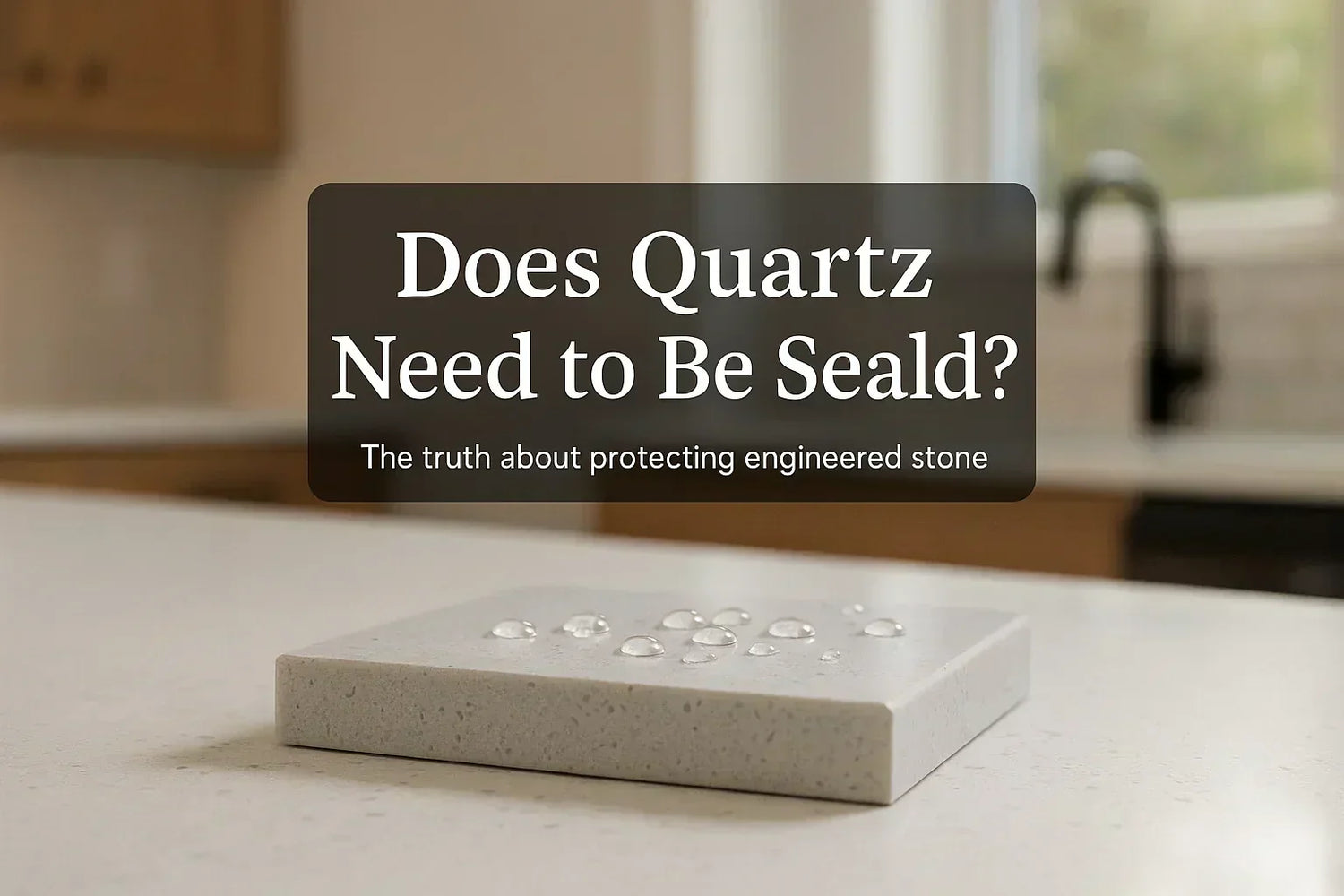

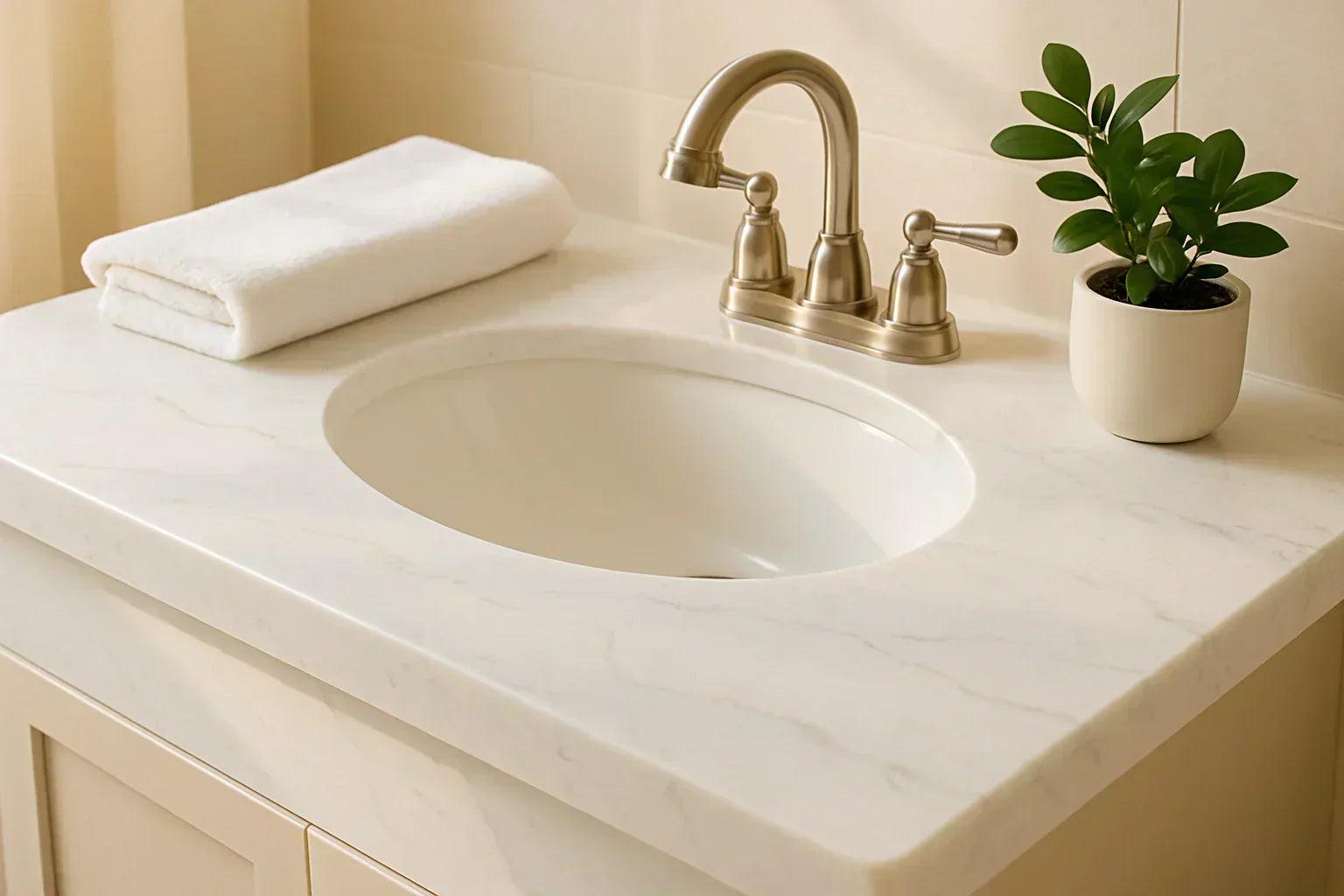
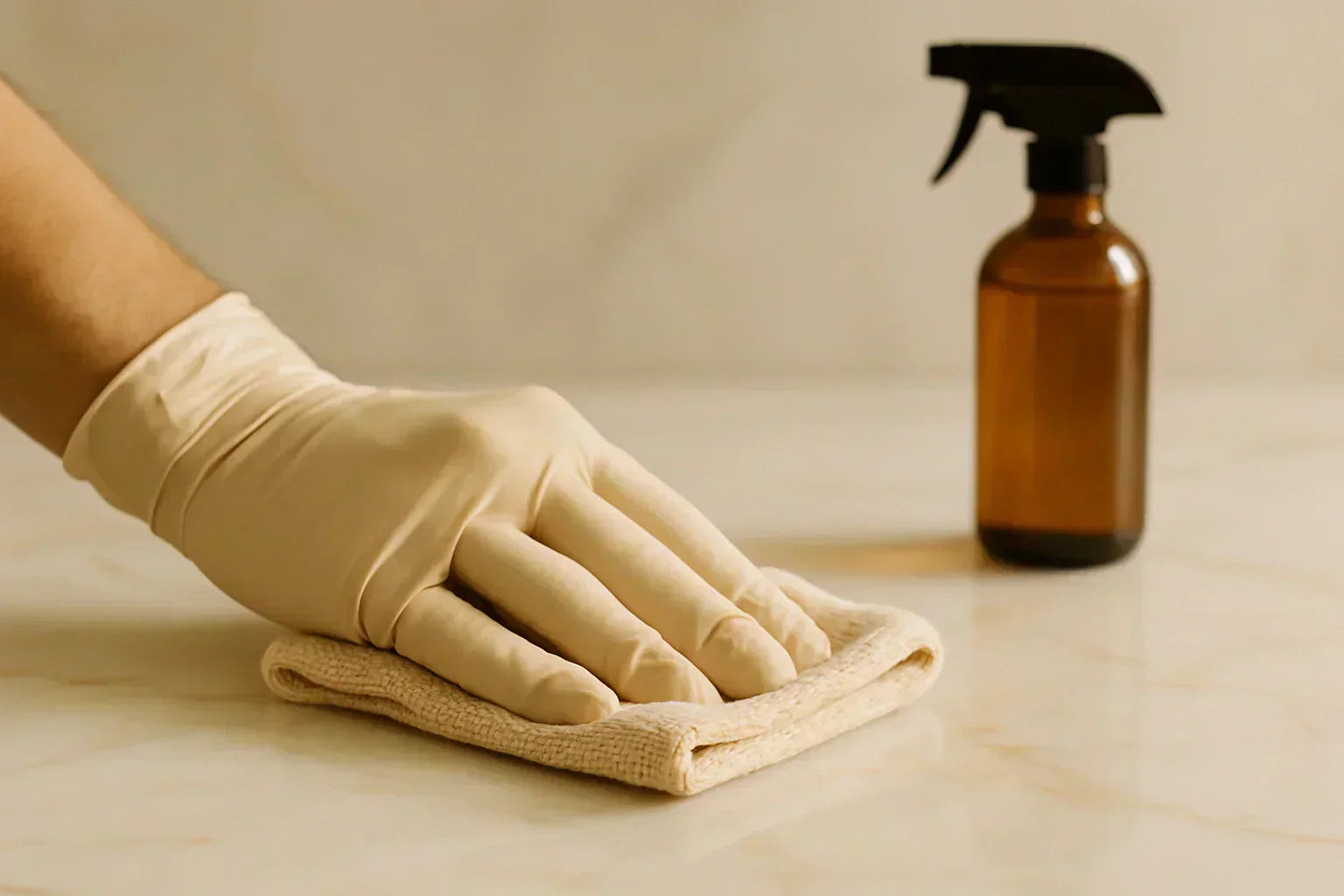
Leave a comment
This site is protected by hCaptcha and the hCaptcha Privacy Policy and Terms of Service apply.